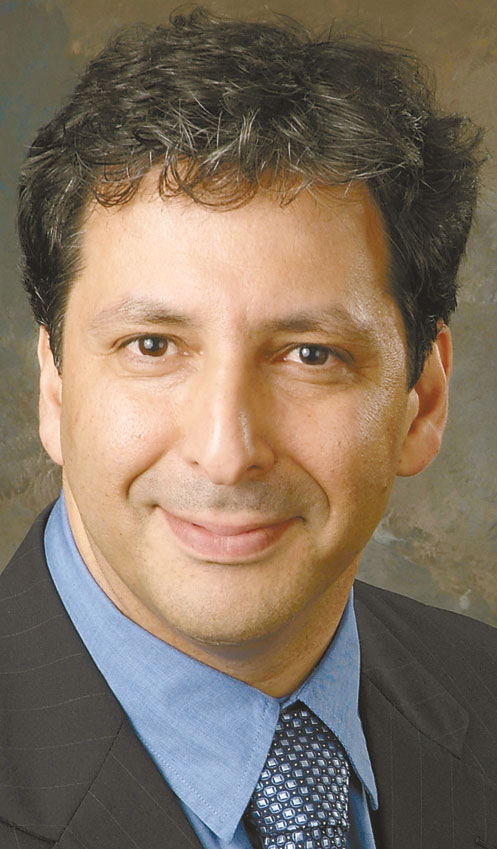
Shahar Madjar, MD
In my last article, I asked, Should you go on the Gluten-free diet? I wrote that the trend is gaining momentum with a growing number of people consuming gluten-free food products.
Gluten is a mixture of proteins found in wheat, barley, rye, and oats. Gluten gives the dough its elasticity and cohesiveness. Gluten-containing dough has satisfying texture, structure, and flavor. I asked, Is the loss of the distinct texture and flavor of gluten-based dough a fair price to pay for weight loss, perhaps even better health?
The answer is more complex than a simple ‘yes’ or ‘no’. I wrote: “For a minority of people, a gluten-free diet is the only option to overcome serious medical conditions such as celiac disease, gluten ataxia, or gluten allergy. But what about people who were never diagnosed with such conditions? Is a gluten-free diet good for the rest of us? Is it a successful weight-loss strategy?”
As in almost any other topic of discussion, the public holds opinions, often with no basis in reality, and rather quickly, opinions translate into attitudes, then behaviors.
Here are some opinions: Consumer market surveys showed that 33% of Canadians and 26% of Americans believe that gluten-free products are healthier. Another study found that 31% of participants believed that avoiding gluten would promote general health, and 37% felt that gluten-free products are healthier than their gluten-containing equivalents. Another survey found that, in many cases, the motivation to embark on a gluten-free diet is a wish to lose weight.
In reality, gluten-free products are higher in fat, sugar and sodium. Gluten-free bread, for example, typically contains twice as much fat as its gluten-containing equivalent. Gluten-free products are also inferior sources of proteins and dietary fibers. And last, gluten-free products are generally lower in vitamins such as folate, niacin, thiamin, and riboflavin, and in some minerals such as iron.
Studies in patients with celiac disease who are on a strict gluten-free diet showed that they consume more fat and sugar and less dietary fiber. Their diet is also lacking in iron, folate, calcium, selenium, magnesium, zinc, niacin, thiamine, and riboflavin, as well as vitamins A and D.
As to weight loss, the media celebrates the benefits of the gluten-free diet and some celebrities swear by it. The jury of researchers and doctors, on the other hand, is still deliberating.
In patients with celiac disease, a gluten-free diet may actually lead to weight gain. Why? Here is a possible explanation: In celiac disease, the immune system attacks the villi (the miniature folds) along the intestine. This leads to malabsorption and in some patients to an excessive, unhealthy weight loss. A gluten-free diet may help mend the villi and improve absorption of food nutrients, resulting in the return of normal body weight, more so in patients who were below normal weight at the time they were diagnosed with celiac disease.
In healthy individuals, it is possible that a gluten-free diet may contribute to weight loss. But the evidence to support such a claim is limited and based, mainly, on studies in which individuals were reporting their own results, rather than on scientific data obtained using objective data such as measured weight, or waist circumference. In a review published in 2017 in the medical journal Nutrition, Amy L. Jones summarized the subject succinctly: “There are no published studies on the benefits of the gluten-free diet in the weight status of those without celiac disease.”
I had told you about Miley Cyrus, the singer and song writer, who “sang her praises” for the gluten-free diet, saying, “Everyone should try no gluten for a week! The change in you[r] skin, physical and mental health is amazing. U won’t go back!” Should I, or you, take her advice?
On HealthyCeleb, I found that Miley is 5ft, 5in and weighs 48 kg. This may serve, for some, as circumstantial evidence to the effectiveness of the gluten-free diet. Then, on YouTube, I watched her dancing and concluded that perhaps diet isn’t enough and I should be dancing too. Then, I have read the latest news about Miley: It turns out that, in 2013, Miley became vegan (a diet entirely different than the gluten-free diet). And in a final twist in her dietary plot, I have learned that Miley quit being vegan because it gave her hip pain and poor mental clarity. She remained slim and fit, perhaps also because of good genes.
I concluded that for people who can tolerate gluten, the gluten-free diet may be, after all, just a fad.
Editor’s note: Dr. Shahar Madjar is a urologist at Aspirus and the author of “Is Life Too Long? Essays about Life, Death and Other Trivial Matters.” Contact him at [email protected].